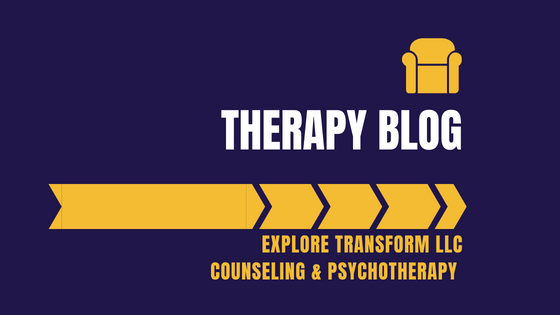|
Burnout comes in many different shapes and sizes, but some of the common symptoms include apathy, exhaustion, cynicism, a reduced interest in things you usually enjoy, irritability, an inability to think clearly, dizziness, and insomnia.
Once you recognize the signs of burnout, you need to value yourself enough to do something about it. Often, we hear all the messages that encourage us to work harder with our kids, and for longer hours, but we don’t hear the counter-balance to that: We also need rest. Try to value yourself as you might value your child, or a best friend or loved one. You have intrinsic value regardless of how much you have or what you do. Basic skills of assertiveness are essential if you are to avoid burnout. When you don’t communicate your feelings or needs, you end up resentful, frustrated, and sometimes at risk of mental or physical damage. (As I mention in other articles, burnout can have a detrimental impact on the functioning of your brain.) Assertiveness is not aggression and assertiveness is not passivity. It is a calm, measured way of communicating your feelings and needs effectively. When you use skills of assertiveness, you are better able to maintain boundaries. These need to be continuously communicated in all parts of your life (at home and work, with an intimate partner and with friends and family). Some people also like to ensure there are healthy boundaries when it comes to technology. Many people I work with have “no-technology zones.” Finally, continuously review the different parts of your life for any signs of burnout. Sometimes when we feel like a healthy balance has been struck in our home life, things are out of balance at work. If you need to talk to a professional about burnout, you can reach out via the following details: Explore Transform psychotherapy. Ridgewood, New Jersey. www.exploretransform.com (201) 779-6917 [email protected] Chris Warren-Dickins Psychotherapist & Author Comments are closed.
|
Due to the COVID-19 health crisis, we are only offering sessions online.
Our address is 143 E Ridgewood Ave, #1484, Ridgewood, NJ 07450
Telephone: +1-201-779-6917
Lead clinician: Chris Warren-Dickins LLB MA LPC
EXPLORE TRANSFORM LLC
Our address is 143 E Ridgewood Ave, #1484, Ridgewood, NJ 07450
Telephone: +1-201-779-6917
Lead clinician: Chris Warren-Dickins LLB MA LPC
EXPLORE TRANSFORM LLC
© COPYRIGHT 2024 CHRIS WARREN-DICKINS. ALL RIGHTS RESERVED. NJ LICENCE # 37PC00618700


 RSS Feed
RSS Feed
